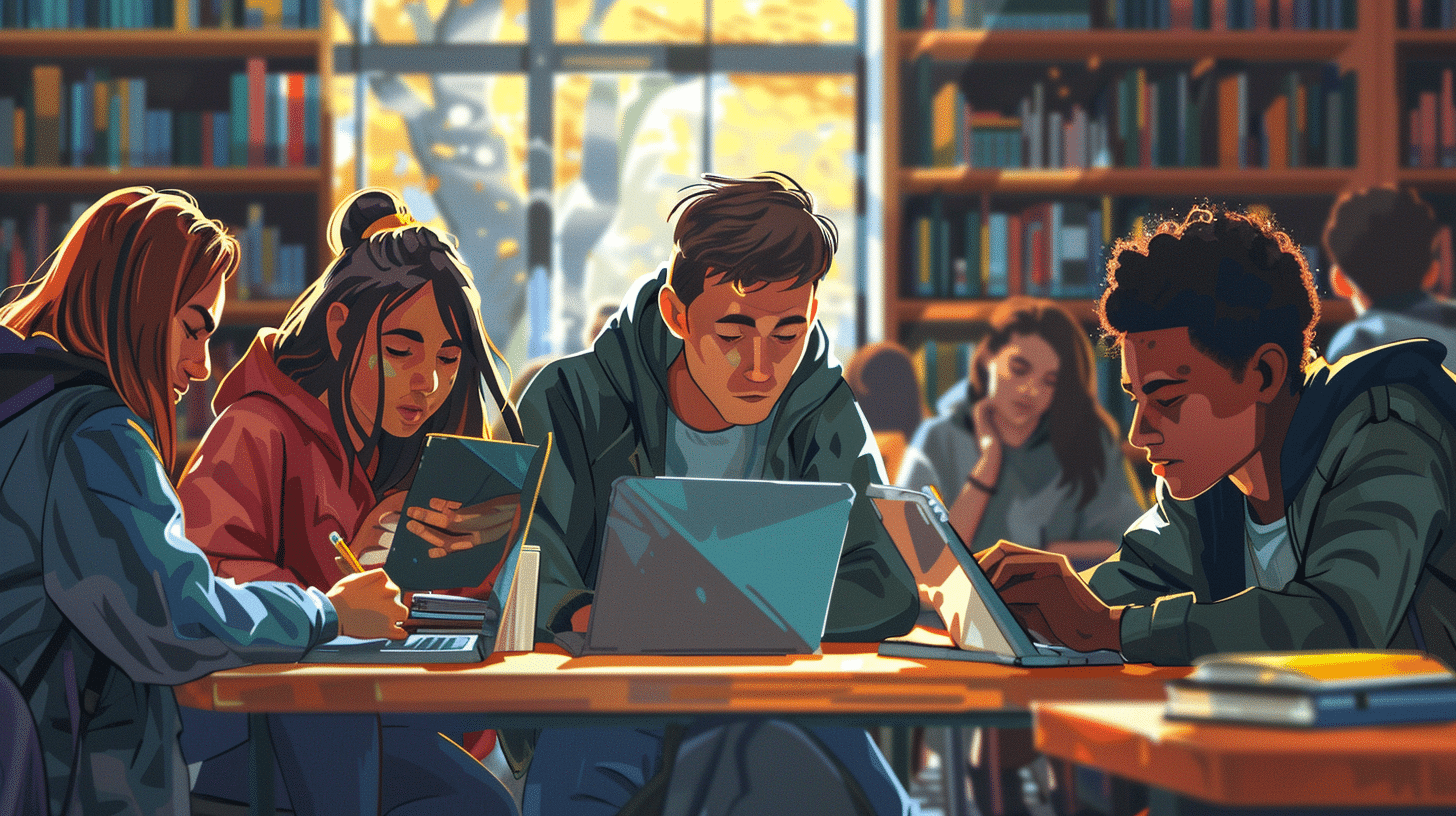Denmark is renowned worldwide for its unique concept of hygge, often translated as ‘coziness’. However, to the Danes, hygge means much more than that. It’s an integral part of their culture, representing warmth, relaxation, and camaraderie. It is often associated with enjoying good food, candles, and light-hearted conversations with friends in a cozy setting. This cultural aspect is so ingrained that even the Copenhagen airport features cozy zones where passengers can experience hygge while waiting for their flights.
Love for Licorice: A National Sweet Treat
The Danish fascination with licorice is something that often surprises visitors. This beloved treat comes in various forms, from sweet to salty (and sometimes even combined with chili). Licorice is not just limited to candy; it is also found in ice creams, desserts, and even beverages. For the uninitiated, the intense flavor can be a bit of a shock, but for the Danes, it’s a national treasure of flavors!
The Unofficial National Costume: The Bicycle
Denmark, particularly Copenhagen, is often cited as one of the most bicycle-friendly cities in the world. The love for cycling is so deep-rooted that it can be seen as an unofficial national costume. Here, bicycles outnumber cars and are considered the king of the road. It’s common to see people of all ages, from toddlers in cargo bikes to seniors with their shopping bags, pedaling through the city. This eco-friendly mode of transportation is not just a way to commute but a way of life in Denmark.
Unique Danish Holidays and Traditions
Denmark has its share of quirky and humorous traditions that highlight its cultural uniqueness. Some notable ones include:
Fastelavn: Often referred to as a Nordic Halloween, Fastelavn is celebrated by children who dress up and visit homes in their neighborhoods to collect treats. The highlight is “slå katten af tønden” (hit the cat out of the barrel), where children use bats to hit a barrel filled with candies, similar to a piñata.
Grundlovsdag: Constitution Day in Denmark not only marks the anniversary of the signing of the constitution but is also unofficially the day where many politicians take the opportunity to make outdoor speeches, sometimes resulting in humorous or unexpected moments.
J-Day: An only-in-Denmark holiday that marks the arrival of the Christmas beer (Julebryg) from the Tuborg brewery. It’s celebrated on the first Friday of November and is highly anticipated by many Danes. Trucks and employees dressed in blue deliver the seasonal brew to bars and cafes, accompanied by snow-like foam and festive music.
The Danish Language: Quirky and Questioning
Danish is known for its melodic, yet guttural sounds and has a few linguistic quirks that often amuse foreigners. One such peculiarity is the frequent use of the word “ikke” (not), making many Danish sentences sound like they are in the negative form even when they’re not. Additionally, the Danish language has no word for “please,” which can make Danes seem unusually direct to English speakers.
There’s No Such Thing as Bad Weather
In Denmark, there’s a popular saying: “Der findes ikke dårligt vejr, kun dårlig påklædning.” This translates to “there’s no such thing as bad weather, only unsuitable clothing.” This reflects the Danish attitude towards their often unpredictable and rainy weather. Rain or shine, life goes on as usual, and outdoor activities are rarely canceled. This has led to a culture where practical, weather-appropriate clothing like raincoats and rubber boots are fashion staples.
The Royal Guards: A Tourist Attraction with a Twist
The Royal Guard, known for their bearskin hats and solemn expressions, are a must-see at Amalienborg Palace in Copenhagen. What makes this attraction particularly amusing is the tourists’ attempts to make the guards smile or laugh—a feat that is nearly impossible but always entertaining to watch.
Cake for Breakfast? Yes, Please!
While Danish pastries, known locally as wienerbrød (Vienna bread), are a well-loved treat around the world, the Danes take it to another level by occasionally indulging in cake for breakfast. This tradition is especially prevalent during birthdays or special occasions where a morning cake, often accompanied by flags and singing, is not out of the ordinary.
Denmark might be small in size, but its cultural quirks and traditions provide endless amusement and fascination. From indulging in licorice in all forms to cycling through the streets no matter the weather, the Danish way of life is unique, humorous, and undeniably charming. These funny cultural facts not only provide a glimpse into the everyday life of the Danes but also add to the colorful tapestry that makes Denmark a beloved destination for travelers around the world.






